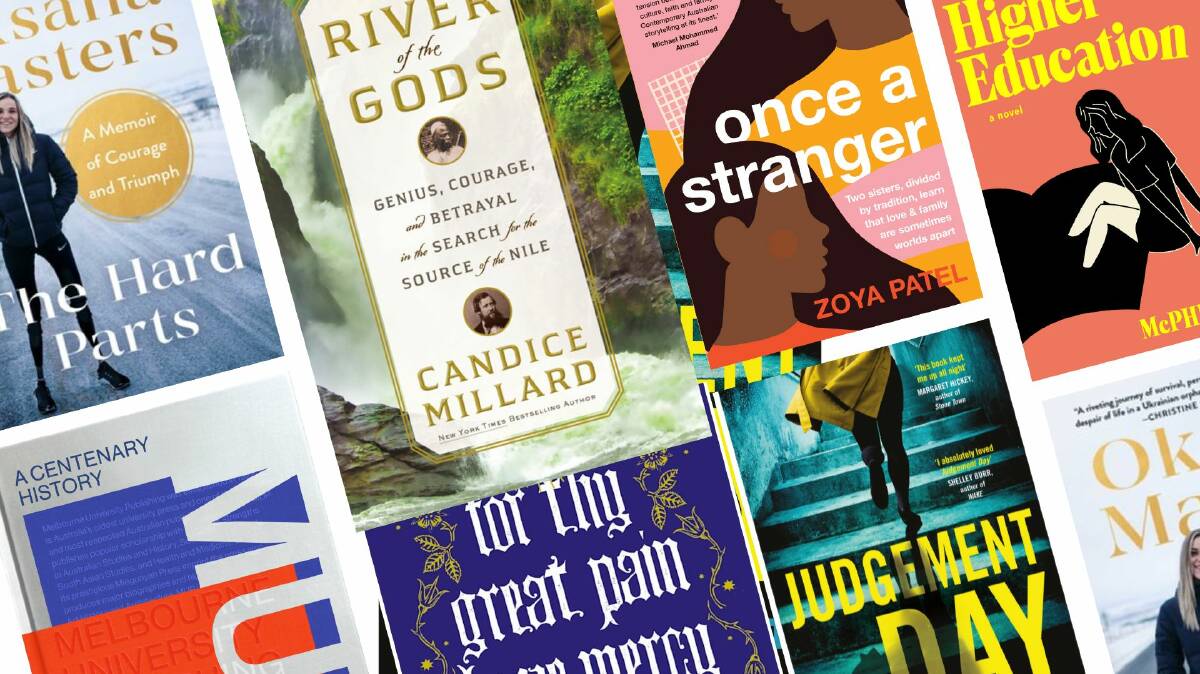
The greatest explorers often came in odd pairs, and Burton and Speke were no exception. Fast forward a century or so, and we trace the evolution of one of the country's most prominent literary publishers, and hear from a Canberra author who has depicted, in fiction, the kinds of family struggles a young woman of colour sometimes faces.
Subscribe now for unlimited access.
or signup to continue reading
There's also a thought-provoking literary depiction of class divides on Australian campuses - all this and more in this week's books pages.
And I welcome your thoughts and feedback on what we've been reading. You can reach me by email at sally.pryor@canberratimes.com.au.
Finding truth in diverse families
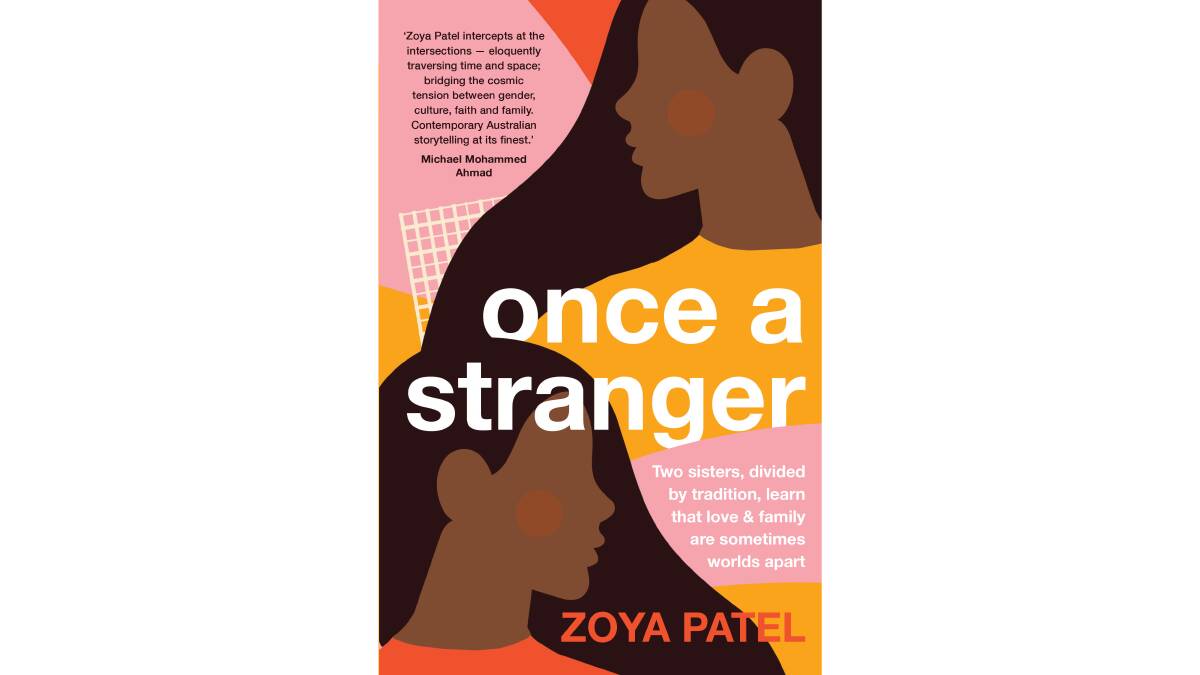
Canberra writer Zoya Patel has had this novel churning in her psyche for years - it was there long before the release of her 2018 memoir No Country Woman. In Once A Stranger, she portrays an Indian-Muslim family in Australia, and the complications that arise between sisters, mothers and cultures.
She tells Soofia Tariq that she tried hard not to fall into lazy cultural tropes while writing a book her younger self might have related to.
"Part of what's challenging when you do write about minority stories is that you don't want to reinforce any stereotypes, you don't want to reinforce any of the racist rhetoric about the communities that you're part of," she says.
Between class divides in and out of the classroom
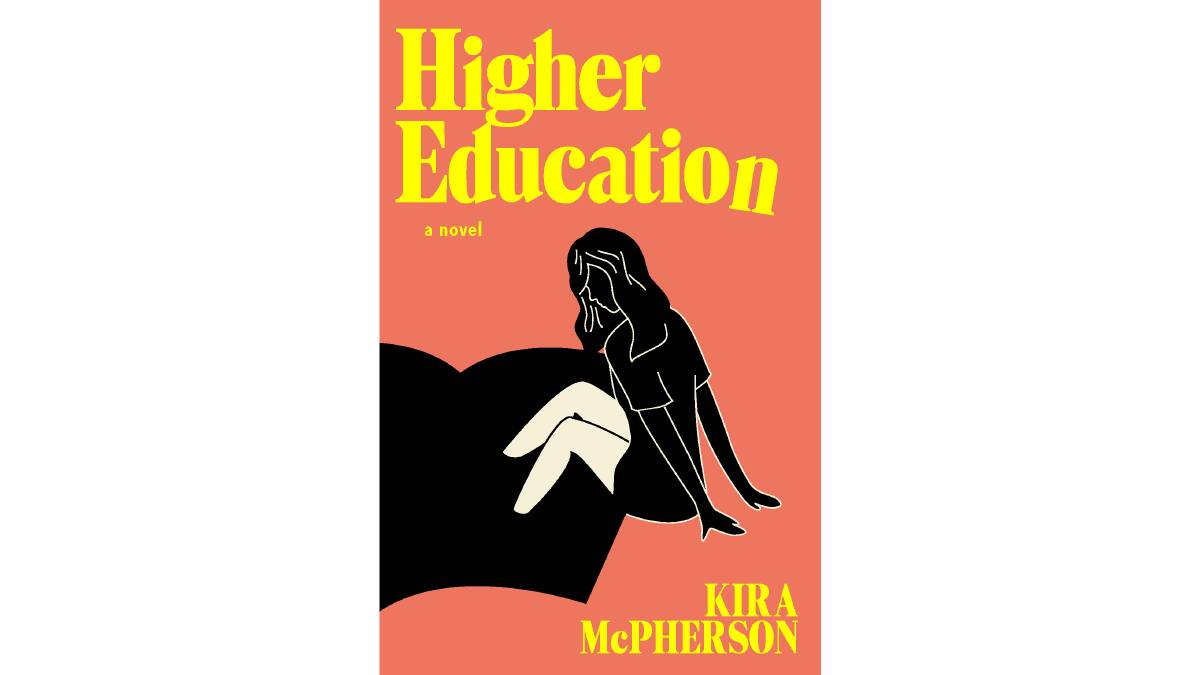
In this perceptive depiction of class mobility, Kira McPherson writes about the consequences of misplaced, youthful desire. Higher Education is set on an Australian university campus, where her protagonist is the first in her family to make it past Year 10, much less university.
Reviewer Jasper Lindell sees much to be impressed by: "McPherson's treatment of tertiary education and what it can and can't do for the people who get to access it, is convincing without being overstated," he writes.
The long winding tale of publisher
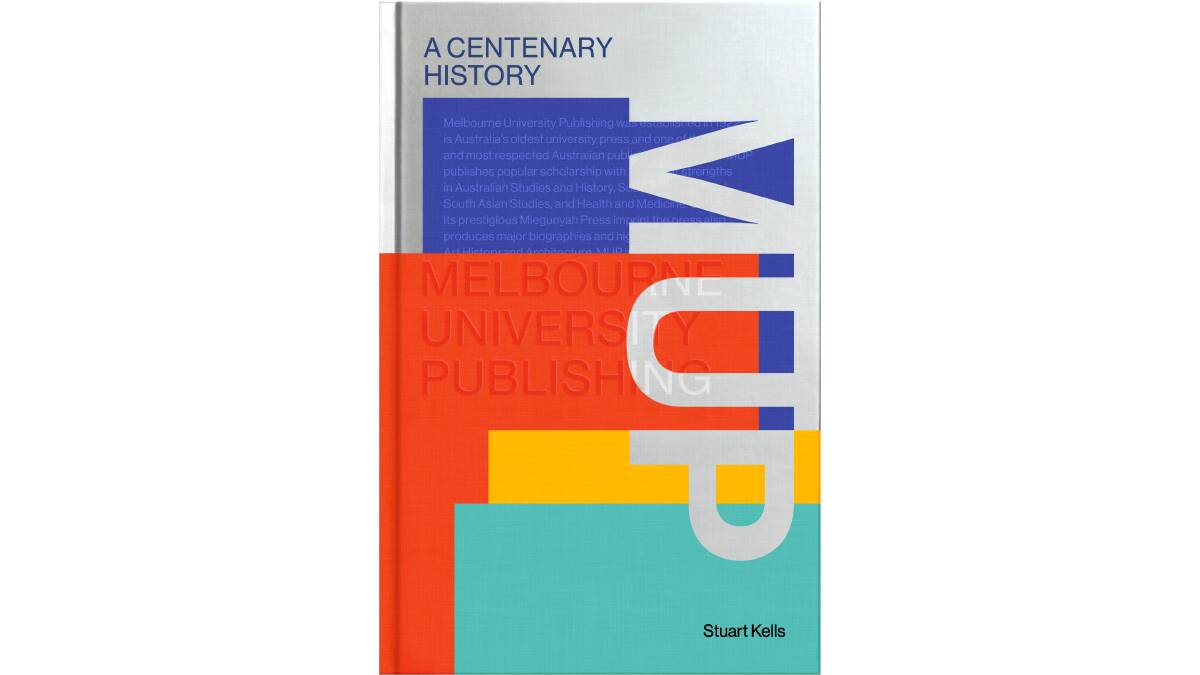
MUP: A Centenary History could easily have been as dry as a bone and barely readable, but instead, Stuart Kells has written an important account of the high-flying world of literary publishing in Australia.
There's so much that goes on behind the scenes of a high-profile publishing house like Melbourne University Press that the public is barely aware of, and yet so many things we really ought to know - huge advances and literary spats, for example.
As reviewer Colin Steele points out, a lot of the history centres on the tour de force that was former chief executive officer Louise Adler, who quit in 2019.
"There is no denying that subsequently Adler was a publishing 'force of nature', with an ability to tap into the public and political zeitgeist. Later, however, controversial titles such as I, Mick Gatto... and Blonde Ambition: Roxy Jacenko Unfiltered, led to comments, notably from academics and other publishers, that Adler was running a commercial trade press under the guise of a subsidised academic press," he writes.
A police procedural in the grim family courts

There's nothing like a good police procedural, and where better to set one than the grim melting pot that is the Family Law Courts. It's a suitably challenging setting for Mali Waugh's debut novel, Judgement Day.
It's also a useful setting to depict how lawyers and cops deal with their often gruelling work environment - a factor that got reviewer Hanne Melgaard Watkins pondering.
"This novel also made me think about the way lawyers and police officers (and other professionals) sometimes have to keep their emotions and judgements at a distance," she writes.
"In order to deal with the worst and most tragic elements of humanity every day, they must (perhaps) erect a protective barrier - if for nothing else than to get through the day."
Explorer frenemies' crazy quest
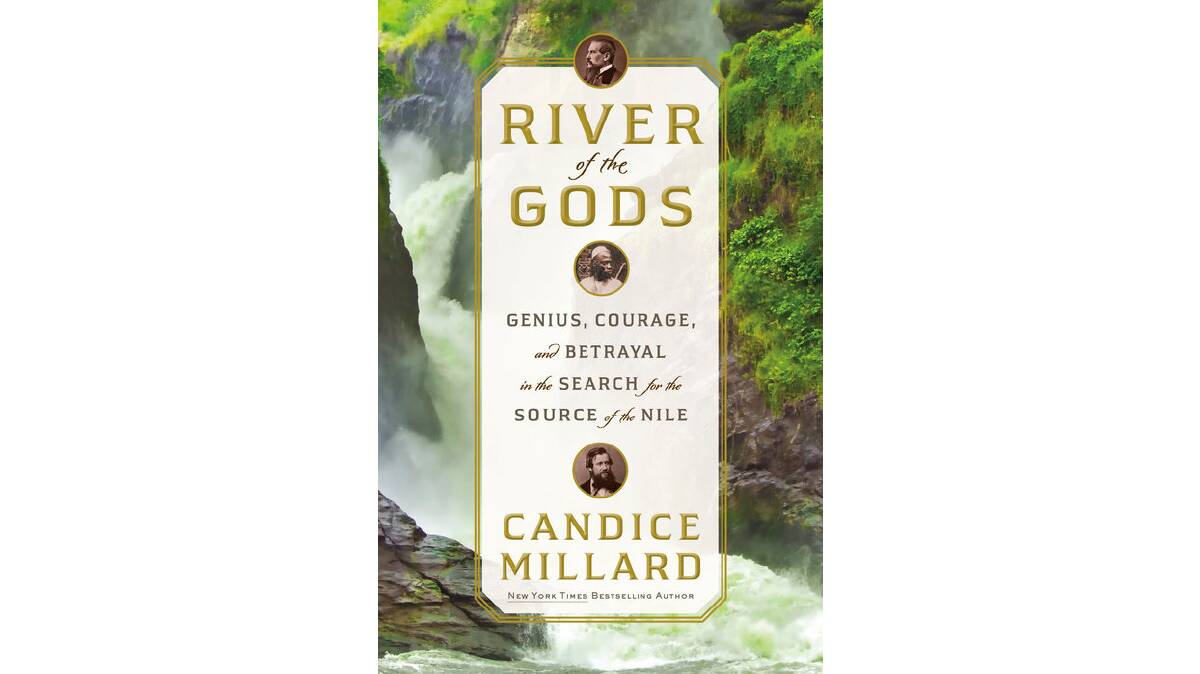
It's a great literary trope, the mismatched pair of adventurers, and none could be more suited to a gripping historical account than Richard Burton and John Hanning Speke, who set out to locate the mouth of the Nile in 1857.
Historian Candice Millard is the perfect match for this mismatched pair, as her latest book, River of the Gods, aptly demonstrates.
"Millard's great gift is total immersion, a combination of intense scrutiny of available documentation and a capacity to place herself in the setting of the story and the thinking of her characters," writes reviewer Mark Thomas.
"Burton and Speke offer rich pickings for talents like those."
Recreating lives of women walled in their cells
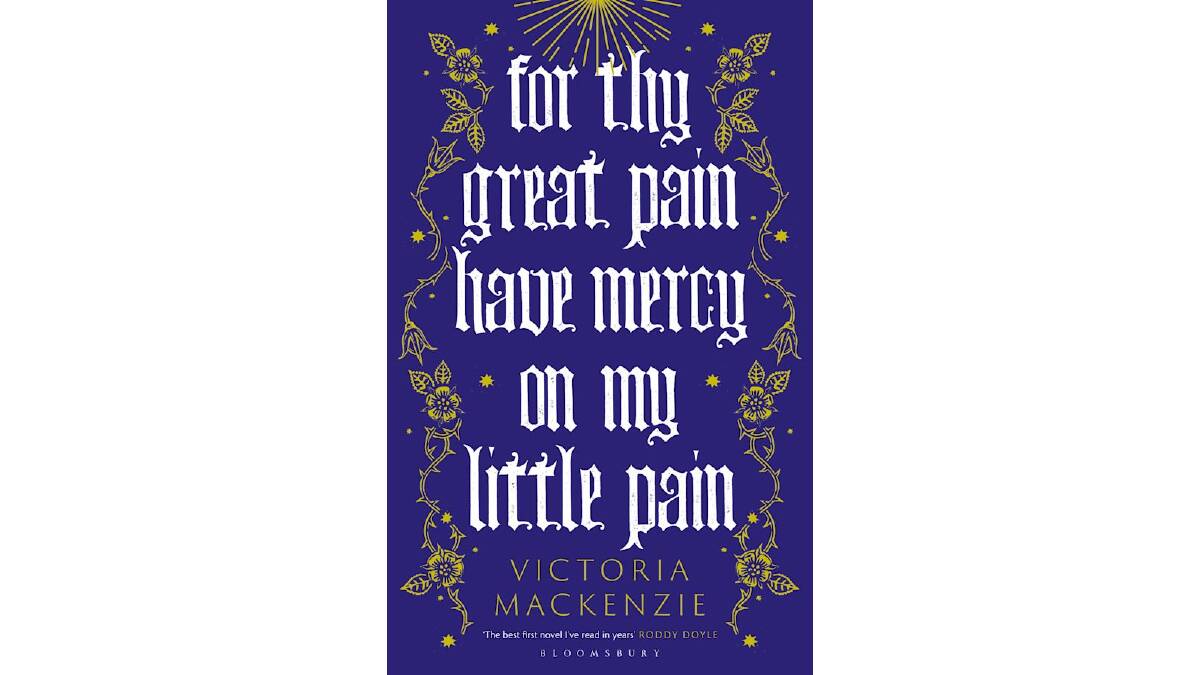
It's hardly surprising that depictions of anchoresses - those 13th century women who were walled into cells for the rest of their natural lives, willingly or not, devoted to prayer and contemplation.
British writer Victoria Mackenzie, in her debut novel, For Thy Great Pain Have Mercy on My Little Pain, reimagines the meeting of the most famous 13th century anchoress, Julian of Norwich, with the mystic Margery Kempe in 1413.
Reviewer Anna Creer is fascinated by this "window into a lost world of religious devotion. She contrasts the saintly metaphysical thoughts of Julian with the more worldly, simple concerns of Margery.
"The end result is a compelling study of faith, grief and secrets," she writes.
No thumbs or shins, lots of grit
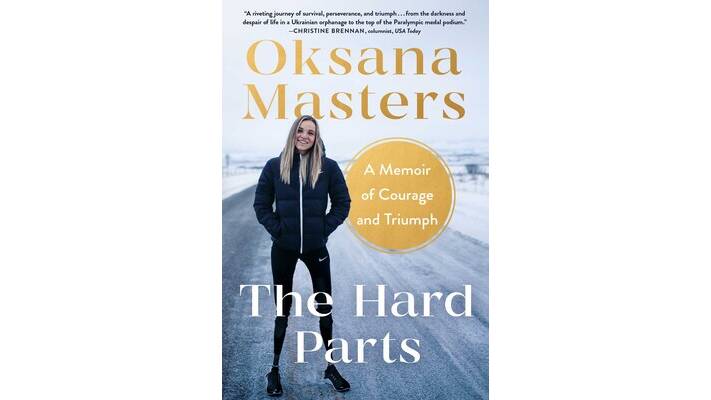
Who doesn't love a good "triumph against the odds" story? All the better if it involves an iron-willed athlete who, like Oksana Masters, has overcome unimaginable tragedy and pain to soar to the heights of athletic achievement.
In her memoir, The Hard Parts, Masters recounts her journey, from her birth in Chernobyl with myriad physical anomalies - webbed fingers, no thumbs, no tibias - and horrific childhood in a Ukrainian orphanage to becoming a multiple medal winner at the Winter Paralympic Games and beyond.
"Masters' achievements are amazing, but what is even more amazing is the attitude she has had apparently from birth," writes Laurie Hertzel of the Star Tribune.















